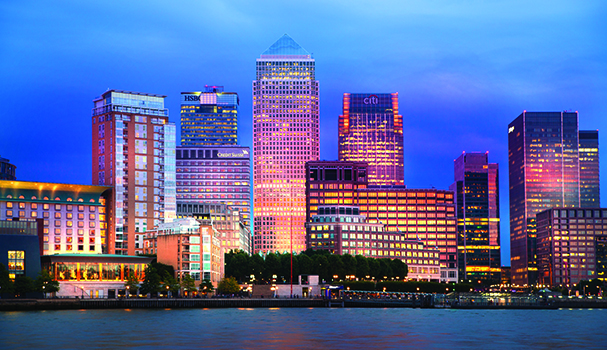Regardless of who wins the election, the issue of non-doms has caught the imagination of Britain’s business community. The Labour Party says the time has come to do away with this archaic piece of legislation – which dates back to the 19th century – pledging to abolish non-domicile status for extremely wealthy individuals if it wins the election. It is a move that it claims will raise hundreds of millions of pounds in tax. “Why should there be one rule for some and another for everybody else?” Labour leader Ed Miliband asked last month. A Labour government, he claimed, would “put the fight against tax evasion and tax avoidance at the very heart of our mission for our country”.
The interesting thing about the pledge is that it has been welcomed by influential voices in the City. BAE Systems chairman, Sir Roger Carr, told a panel of around 60 business leaders from London’s finance and business community that “the non-dom issue invites and ignites public anger” and is “a relic of the past which unfairly favours the few at the expense of the many”. Likewise, veteran financier Dame Alison Carnwath, chairman of Land Securities said the rules are “out of date and should be scrapped”. Regardless, there are still people out there who see Labour’s policy proposal as a very bad idea.
So has the time really come for Britain to do away with non-domiciled status for the super-rich?

“Labour’s policy is right because it is fair,” Jason Stockwood, CEO, Simply Business
The Labour Party is absolutely right that those who live in the UK should pay tax on their whole earnings. We are almost unique in holding onto the non-dom status. In the United States, for example, it is taken for granted that residents pay tax on all of their earnings. The UK lags behind the rest of the world in its treatment of international earnings. The abolition of the non-dom system is the only fair way forward, and will bring us in line with other major economies.
It is also important to remember the non-dom fee is currently set at £30,000. We must ask why these individuals are so happy to pay that sizeable charge instead of allowing all of their earnings to be taxed. Logically, we would assume that the total tax charge would be much higher than this – otherwise why would they choose the fee over the tax?
Labour’s policy is right because it is fair. It is unconscionable that the wealthiest people in this country can avoid paying their share through convoluted and complex international tax arrangements. We can draw a straight line from this policy to the much-needed overhaul of the corporate tax system. Just as the super-rich must make a fair contribution, so too must we make sure that multinationals are no longer able to shield their earnings from tax by offshoring their profits. The smallest businesses are happy to pay their way and they make a great contribution to the country’s economy. It is vital that this is mirrored by both the super-rich and the country’s biggest companies.

“The current rules encourage investment in the UK,” Mark Pearce, Partner, Thomas Eggar LLP
At present non-doms can live in the UK for periods up to seven years without paying tax on any foreign income and gains. After that, such persons must pay an annual charge of between £30k and £90k if they wish to retain the privilege of being taxed in this way.
The current rules encourage people to work and invest in the UK. These people make the conscious choice to contribute to the UK tax regime through their work and investments, which in return allows these people the option to protect their foreign assets, many of which are usually acquired before the person even moves here, from taxation unless that money is brought into the country.
Rather than raise tax revenues, abolishing the rule would see skilled migrants move to other, lower tax jurisdictions. This would deny the UK millions of pounds of tax that these people currently pay, as well as indirect financial contributions through VAT and stamp duty they pay when purchasing goods or properties in this country.
In an election that is dominated by tax issues, politicians are making sensationalist comments for column inches without giving true thought to the consequences of their stated position. A carte blanche abolition of the non-dom rule would lead to lower tax revenues, a decreased pool of migrant talent for employers and an exodus of wealthy individuals from the UK. People who currently contribute millions of pounds to society as well as significant, indirect contributions to the economy and various causes will leave rather than face such an unfair regime. ![]()
Share via:








































